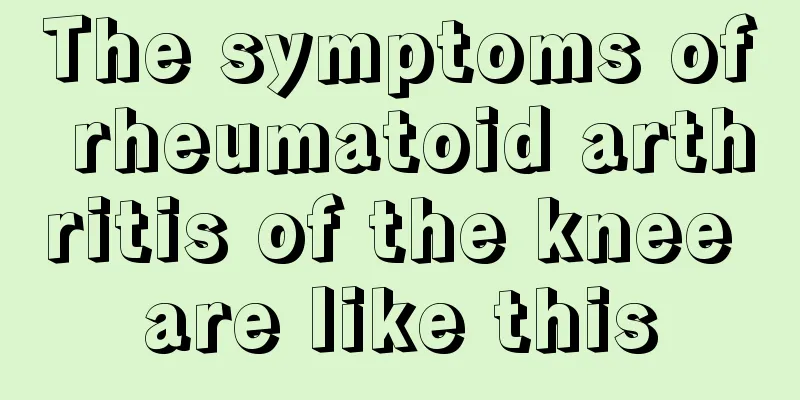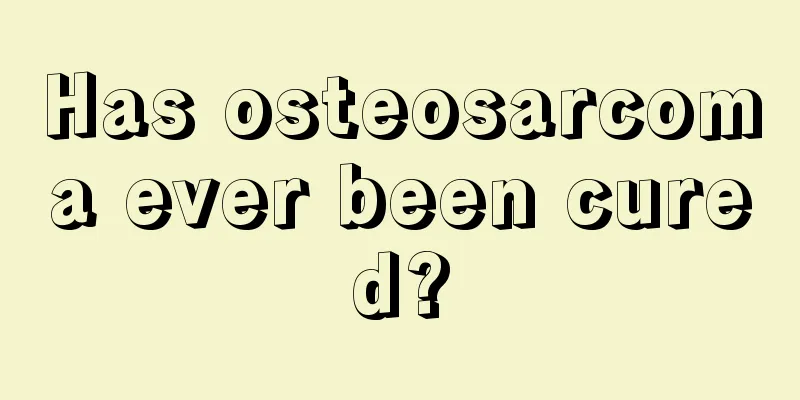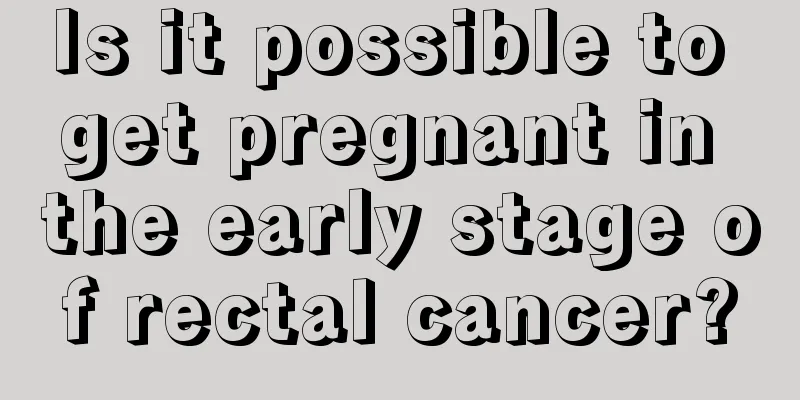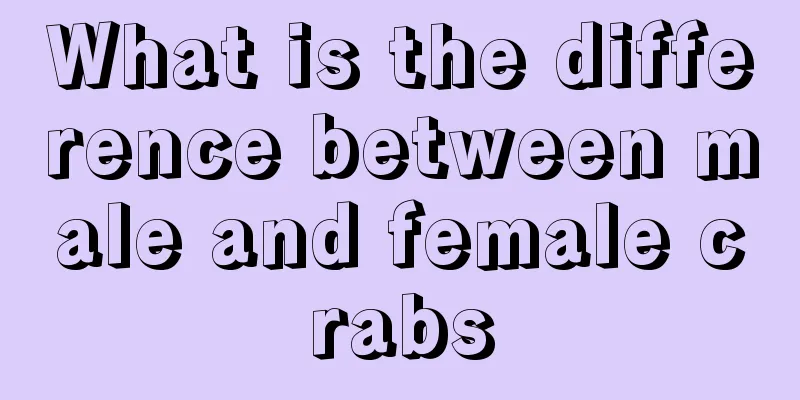What is the reason for a bad taste in the mouth?

|
I believe many of my friends have experienced that when they have a cold and a stuffy nose, everything they eat has no taste. This is a very common phenomenon. If you have no taste when eating, you can treat the cold or fever first. Your normal sense of taste will be restored after recovery. If you have a tasteless mouth, it may be due to a weak spleen and stomach. 1. Bitter taste in the mouth According to traditional Chinese medicine, bitter taste in the mouth is often seen in liver and gallbladder heat syndrome, gastrointestinal heat syndrome, etc. Modern medicine believes that bitter taste in the mouth is mostly a manifestation of acute inflammation, most of which is liver and gallbladder disease, and may be caused by abnormal bile excretion. Cancer patients have a lower bitterness threshold and an higher sweetness threshold, so they will feel a bitter taste on their tongue even when eating sweet things. 2. Sweet taste Traditional Chinese medicine believes that patients with excess heat in the spleen and stomach, stagnation of damp heat, and internal accumulation of phlegm and fire in the liver and spleen may have a sweet feeling in the mouth and tongue, the so-called "sweet taste in the mouth due to spleen heat". Studies have shown that digestive system dysfunction can lead to abnormal secretion of various enzymes, increase the amylase content in saliva, stimulate the taste buds on the tongue and cause a sweet taste in the mouth. Diabetic patients have high blood sugar levels and the sugar content in their saliva also increases, so they often feel a sweet taste in their mouth. 3. Tasteless A bland taste in the mouth is common in patients with long-term illness or weak spleen and stomach. Patients with loss of appetite after major surgery will also feel that their mouth is bland and tasteless. Clinical measurements have shown that patients with severe bland mouth are insensitive to sweet, sour, bitter and salty tastes, and their taste thresholds are generally elevated. A tasteless mouth is also common in inflammatory infections, but mostly occurs at the onset or recovery stage of the disease. The former is a manifestation of mild pathogens, while the latter is a sign of the retreat of pathogens and weakness of the body. Its meaning is obviously different from a bitter taste in the mouth. Patients with digestive system diseases such as enteritis and dysentery often feel a bland taste in the mouth, which is mostly caused by dampness in the stomach and intestines or cold evil. Although it is a real disease, you should be careful not to use too many bitter and cold medicines. 4. Astringent taste When the bitterness threshold of the tongue's taste cells is lowered and the tongue's tactile perception is abnormal, astringent taste occurs. Traditional Chinese medicine believes that this is caused by spleen and kidney failure, and blood stasis. Patients with liver and gallbladder heat damaging yin or spleen and kidney failure often have a dry or tasteless mouth and tongue. After staying up all night or suffering from severe neurosis, saliva secretion decreases and the mouth and tongue may feel dry and astringent. Various cancers often have a bitter taste in the later stages. |
<<: What is the reason for having a sweet mouth?
>>: What are the methods to prevent febrile convulsions in children
Recommend
Here is an analysis of some common early symptoms of melanoma for you
Melanoma mainly occurs on the surface of the skin...
Effects and functions of blue sandstone
As the weather gets warmer day by day, the heavy ...
What kind of IV drip should be used for urinary tract infection?
Urinary tract infection is a relatively complex h...
What clothes are suitable to wear in October
Whenever it is the golden October, everyone will ...
What are the effects of yogurt facial mask
Yogurt is a common beauty product. Many people kn...
How much does chemotherapy for brain cancer cost?
Brain tumors, including various intracranial tumo...
What exactly causes bad breath?
Bad breath is very common nowadays. Most of the p...
What is the cause of toothache in nasopharyngeal cancer
What causes toothache in nasopharyngeal cancer? 1...
How much does chemotherapy for pancreatic cancer cost
How much does chemotherapy for pancreatic cancer ...
Signs of a person without a strong opinion
For people who have no opinions, there are often ...
What are the treatments for mental illness?
Mental illness is a very unstable factor for pati...
Pneumonectomy for patients with lung cancer
When lobectomy is not able to completely remove t...
What to do if the child is born with dark skin
There are many reasons why children have dark ski...
What are the differences between high and low anal fistulas?
High-position anal fistula and low-position anal ...
How to prevent cervical cancer
Cervical cancer is a common gynecological disease...









